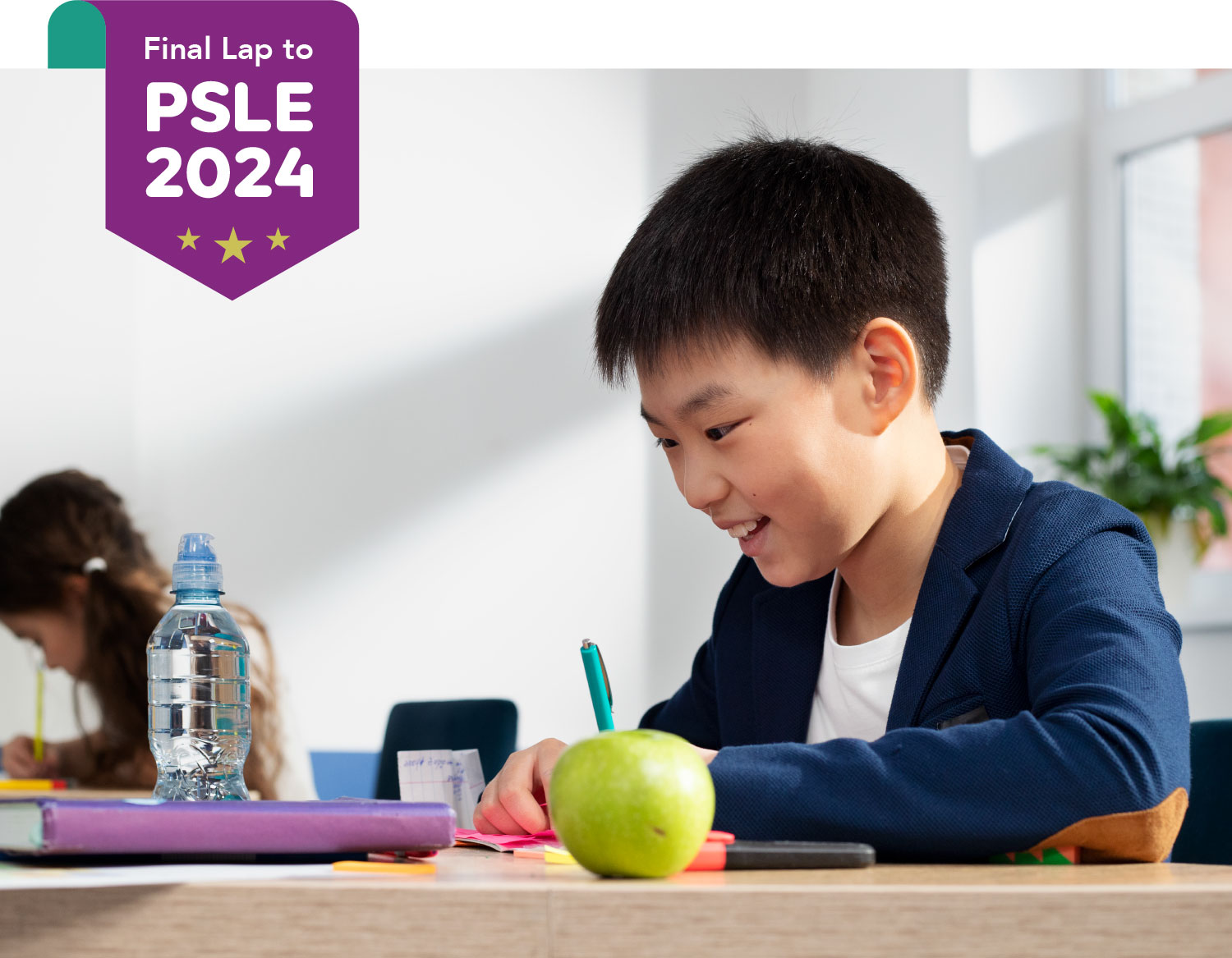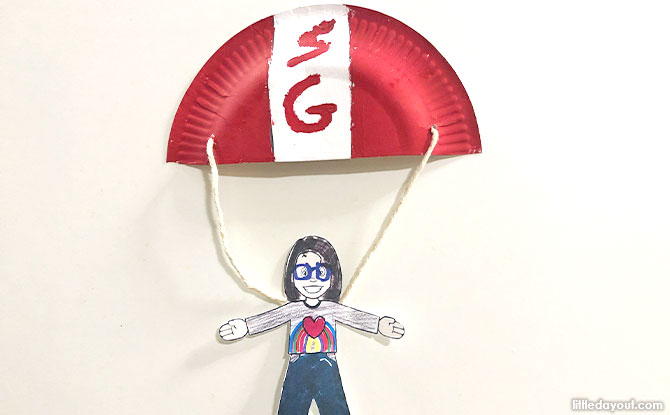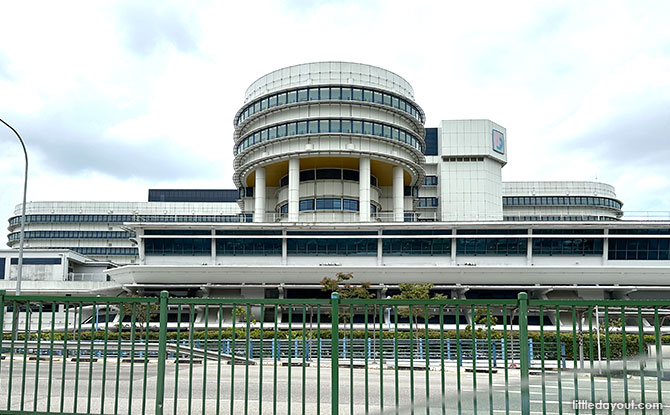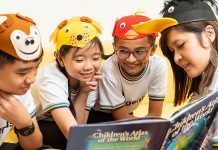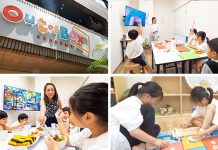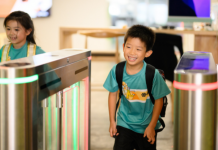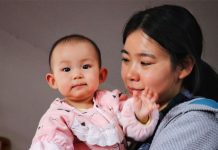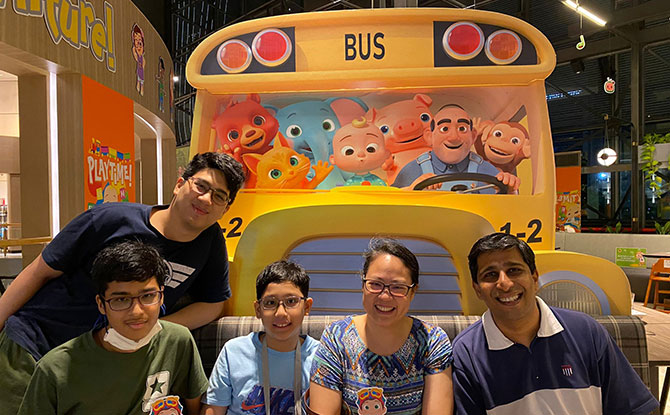
Family relationships have been cast in the spotlight recently with family tragedies shocking the community. The stresses of parenting as well as the pandemic may have been catalysts to the break down of familial ties.
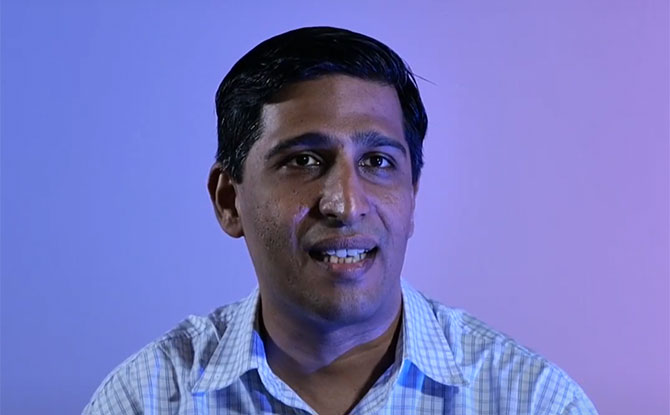
How do we strengthen our relationships with our spouses as well as others in the family? We speak to Dr Mathew Mathews, Champion of Focal Area ‘Parenting Together’, under the Alliance for Action to Strengthen Marriages and Family Relationships as well as Head, Social Lab and Principal Research Fellow, Institute of Policy Studies (IPS), National University of Singapore (NUS).
IPS’s Social Lab conducts research on a range of issues including how Covid-19 impacts families in Singapore.
We hear of what the findings reveal, how families can be strengthened and initiatives that could be useful to your family.
BE PSLE-READY: Join Expert Educators for Revision Boosters to Empower P6 Students
BURP: Join the Sound Collector on a Whimsical Chase at Esplanade – Theatres on the Bay
WEEKEND IDEAS: Get Inspirational Ideas of Things to Do
Interview with Dr Mathew Mathews from FFL
Tell us about yourself.
My wife and I have three sons, aged 18, 15 and 12.
As part of the FFL council, I am involved in the family value engagement where we work with schools and partners to inculcate family values among young children. I also supported FFL’s efforts to strengthen families by sharing keys insights on family challenges and issues that came out from the surveys that I was involved in.
At IPS, I lead the Social Lab where we keep a close tab on Singaporean sentiments and experiences on a range of issues from Covid-19 to what happens in the family. We do this so other researchers; policy makers and the general public can be better engaged in thinking about these issues and possible solutions.
What are the latest findings concerning families in Singapore and the effects of the pandemic?
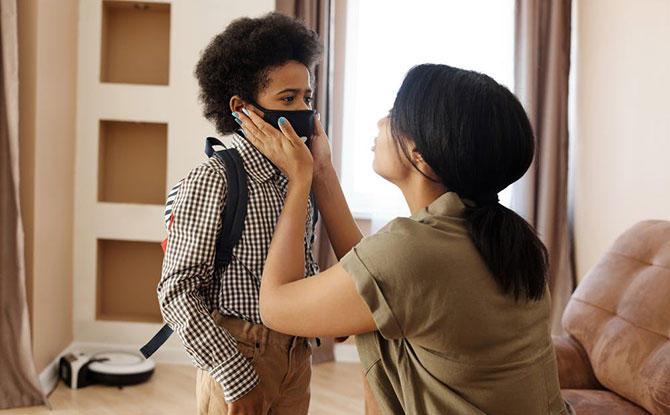
We are fortunate that in Singapore, on the whole, families have fared rather well despite the many uncertainties that the pandemic has brought with it. We have had to learn and cope with many changes – constantly changing guidelines in view of different threats, the need to stay at home very often and conduct work and school from home.
While many Singaporeans have taken the pandemic in their stride, it has had a toll on a segment of the population. For one, being cooped up at home for significant periods of time and working and studying from home has meant that there have been more opportunities for conflict. There is limited space at home for most people to do all these activities simultaneously without bothering one another – which expectedly would have increased tensions.
Then, there is the stress that comes with the pandemic. When some members of the family are stressed – whether over new routines needed, or the concerns about possible unemployment, infection – it’s likely that there will be more anxiety pervading through the family.
Can you tell us about the newly formed Alliance for Action?
The Ministry of Social and Family Development (MSF) had launched the Alliance for Action to Strengthen Marriages and Family Relationships on Aug 4 last year.
There are six focal areas and I champion Focal Area (FA) 3, Parenting Together, which aims to examine key trends and challenges faced in parent-child, grandparent-grandchild and parent and adult child relationships, identify gaps and areas for enhancement in support. Through these efforts, we hope to inspire and support parents in their parenting journey.
Parenting in the current pandemic is stressful and we hope to create a safe network for parents to share their concerns, pain points with us. We are also striving towards shaping parenting values to prioritise the social and emotional well-being of children.
In your experience, how has your family coped with the changes brought about by COVID-19?
We are fortunate that the children are old enough to be independent with home-based learning, which allowed my wife and I to be able to handle our work demands while at home. But it certainly tested some of our patience when we had to coordinate different needs for space. For instance, I may be in meetings where I may be presenting and that would mean that I needed little background noise. This would have affected some of the other activities in the family.
When my eldest son was infected with Covid, just a little while before his A-level exams, that too was rather stressful and anxiety provoking. We tried to have a positive mindset with the changes.
Have a set of values which you believe are important for your family – it may differ from family to family but those values can provide important anchors for your family. For instance, the value of respect helps our children know that they don’t use demeaning words on each other, and it also helps my wife and I to know that we respect that they have interests, opinions which we, even if we don’t agree, have to respect.
Don’t be too hard on yourself when you are not able to do everything you feel an ideal parent should do (e.g letting kids have more screen time even though you feel that the ideal parent should find ways to engage them in some other way). You will have to, from time to time, let some standards slip if you are to keep your and the children’s sanity intact.
Learn to manage your own emotions (e.g. how to calm yourself) since that spills over to how children learn to regulate their own emotions.
What would a Little Day Out look like for your family?
It would most likely involve visiting the children’s grandparents and having meals, going to church, or really just dining out together. When the children were much younger, it would often involve going to see something interesting such as the park or the beach but as the children grow older, some of these things are just not what kids like to do.
Thank you Dr Mathew Mathews, we appreciate your insights into Families for Life’s initiatives as well as IPS Social Lab’s research work.
To find out more about Alliance for Action’s initiatives for marriage, click here.




